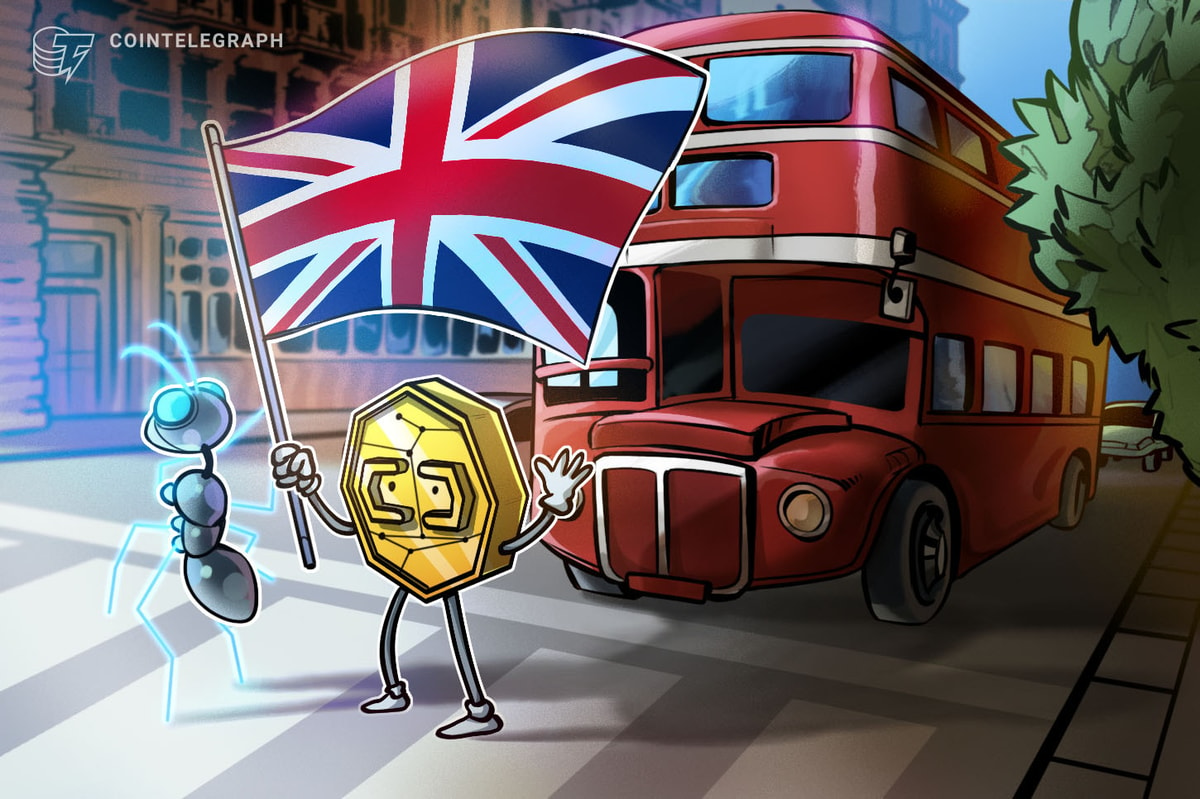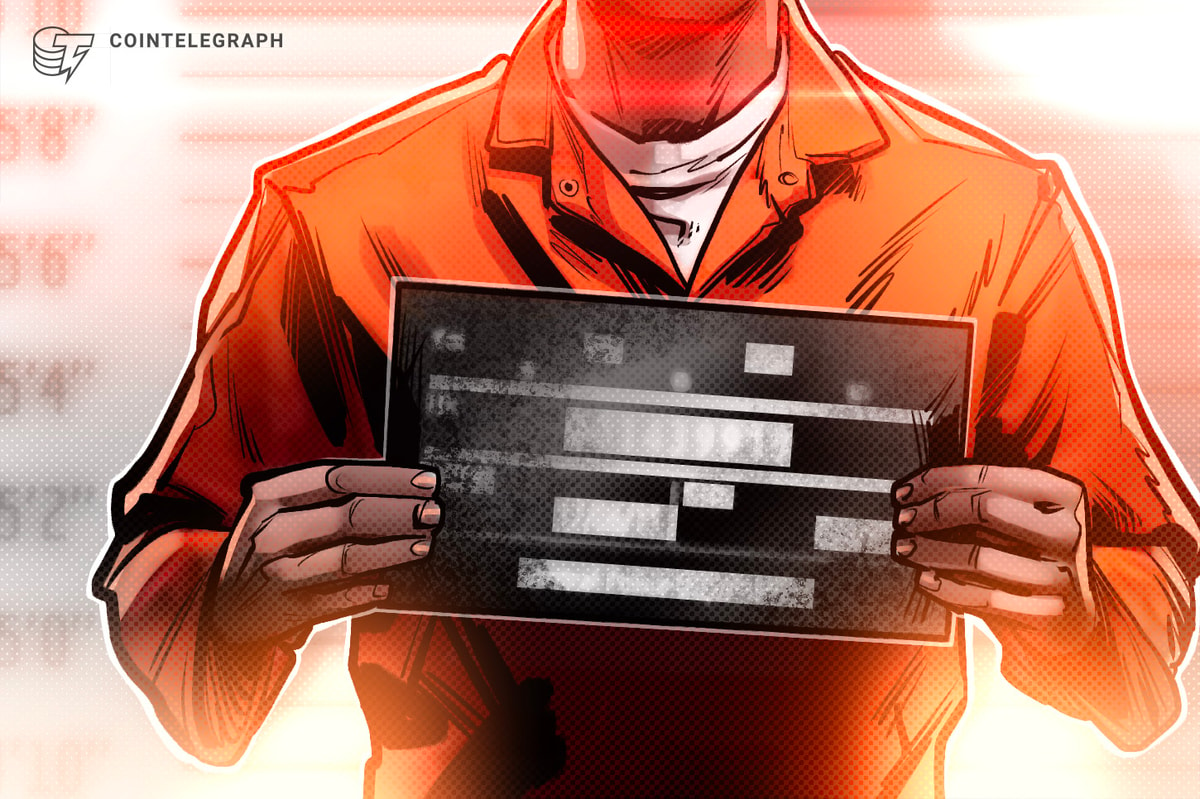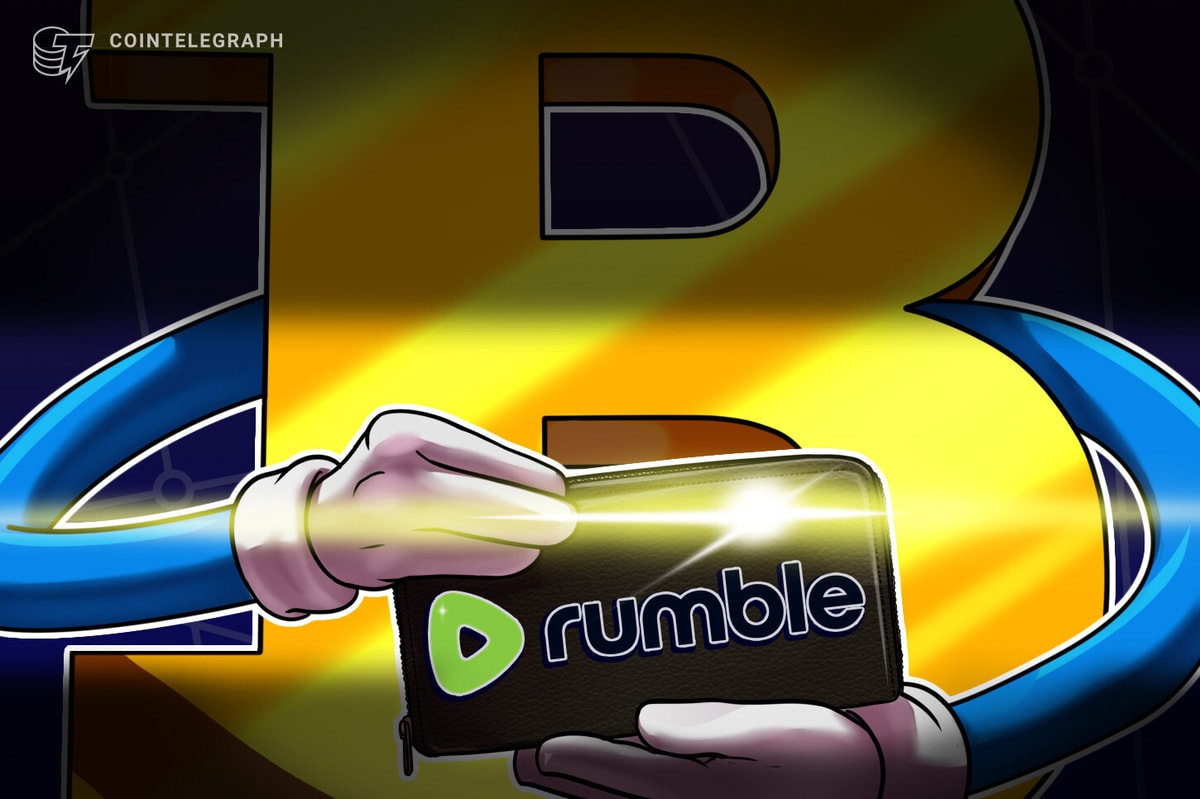A proposed UK bill could end anonymity in Bitcoin transactions by logging of all content accessed via UK ISPs. This will leave only services such as DarkWallet as truly anonymous options, placing them firmly in the sights of UK lawmakers seeking “the legal power to break into the encrypted communications of suspected terrorists.”
Speaking in the wake of the Paris terrorist attacks at the Charlie Hebdo offices and a kosher supermarket, UK Prime Minister David Cameron has called for further powers to assist the police and intelligence services to track and monitor online and mobile communications in the UK.

This has been a hot topic in the country for a number of years following an earlier version of this bill, dubbed “the snooper's charter” that was proposed in 2012. It included terms that would have forced ISPs to log and archive details of all content accessed, and all online communications, for a period of twelve months for every user.
The previous bills were met with vocal opposition from the British public and figures such as Wikipedia's Jimmy Wales, but more importantly, a Europe-wide version of the legislation was quashed in the European Court of Justice in 2014 on the basis that it “interferes in a particularly serious manner with the fundamental rights to respect for private life and to the protection of personal data."
Andrew Parker, the Director General of the UK's domestic Security Service spoke to journalists the day following the Paris attacks, spelling out the agency's belief in the importance of digital espionage, and the collection of communications data.
“Interception of communications, which includes listening to the calls made on a telephone, or opening and reading the contents of emails, form a critical part in the Security and Intelligence Agencies' toolkit.
“They use [the internet] to spread propaganda, to radicalize impressionable individuals, to arrange travel, to move money. But most of all to communicate with one another, to plan and organize. ...
“Consider the 2012 conviction of nine individuals for planning to attack the London Stock Exchange and other iconic targets in the capital. Information recovered forensically following the group’s arrest indicated that electronic communications over the internet played a key role in how the group met and stayed in touch, including through internet forums and other publicly available communications methods.”
For Bitcoin users, the logging of devices against IP addresses and the content they access would in many cases allow the authorities to tie individuals to certain wallet addresses, allowing for an easy monitoring of transaction data. Critics are arguing that criminals and terrorists who were making use of the technology would be pushed towards services such as DarkWallet, which is designed “to make transactions done with cryptocurrency Bitcoin almost impossible to trace,” and has allegedly been referenced in an ISL training manual in regard to moving funds internationally.

It's a fear that by having people use encrypted and privacy-centric services, the intelligence services will see “parts of the radar go dark” in terms of who and how they are able to monitor. This is what has presumably driven the British PM David Cameron to rhetorically ask, “Are we going to allow a means of communications which it simply isn’t possible to read? My answer to that question is: No, we must not.”
Comparing the accessing of content sent through encrypted services to the reading of letters and tapping of phone calls that are already permitted under UK law, Cameron admitted the collection of this data was “contentious,” but argued this was “absolutely right for a modern liberal democracy.”
Such legislation faces a rough journey on its way through the UK parliament, as the minority party in the standing government, the Liberal Democrats, have already spoken out against the broadly written terms of the suggested bill. Their deputy prime minister, Nick Clegg, has argued that:
"[It is] about storing a record of all your social media activity, of every website you have visited of every single individual in this country, of people who would never dream of doing anyone else any harm, would never dream of becoming a terrorist or having anything to do with extremist ideologies. … The question we need to ask ourselves, in a free, open society as we defend our values against the abhorrent attacks we saw in Paris, is where do you draw the line?”
At the European level, although there continues to be little coherence in the digital data retention laws of the European states, this failing has been identified as “one of the ten priorities from President-elect Jean-Claude Juncker” to fix. Attempts by Britain to pass any further data-retention legislation domestically, which includes the blanket recording of accessed content, would therefore likely be met with a similar ruling as the 2014 version, if a UK citizen was to take it to the European Court of Justice or Human Rights. Given Cameron's frequently anti-EU stance, however, any such move could equally be used as ammunition in his campaign against Britain's continued membership in the regional governmental body.
Did you enjoy this article? You may also be interested in reading these ones:











